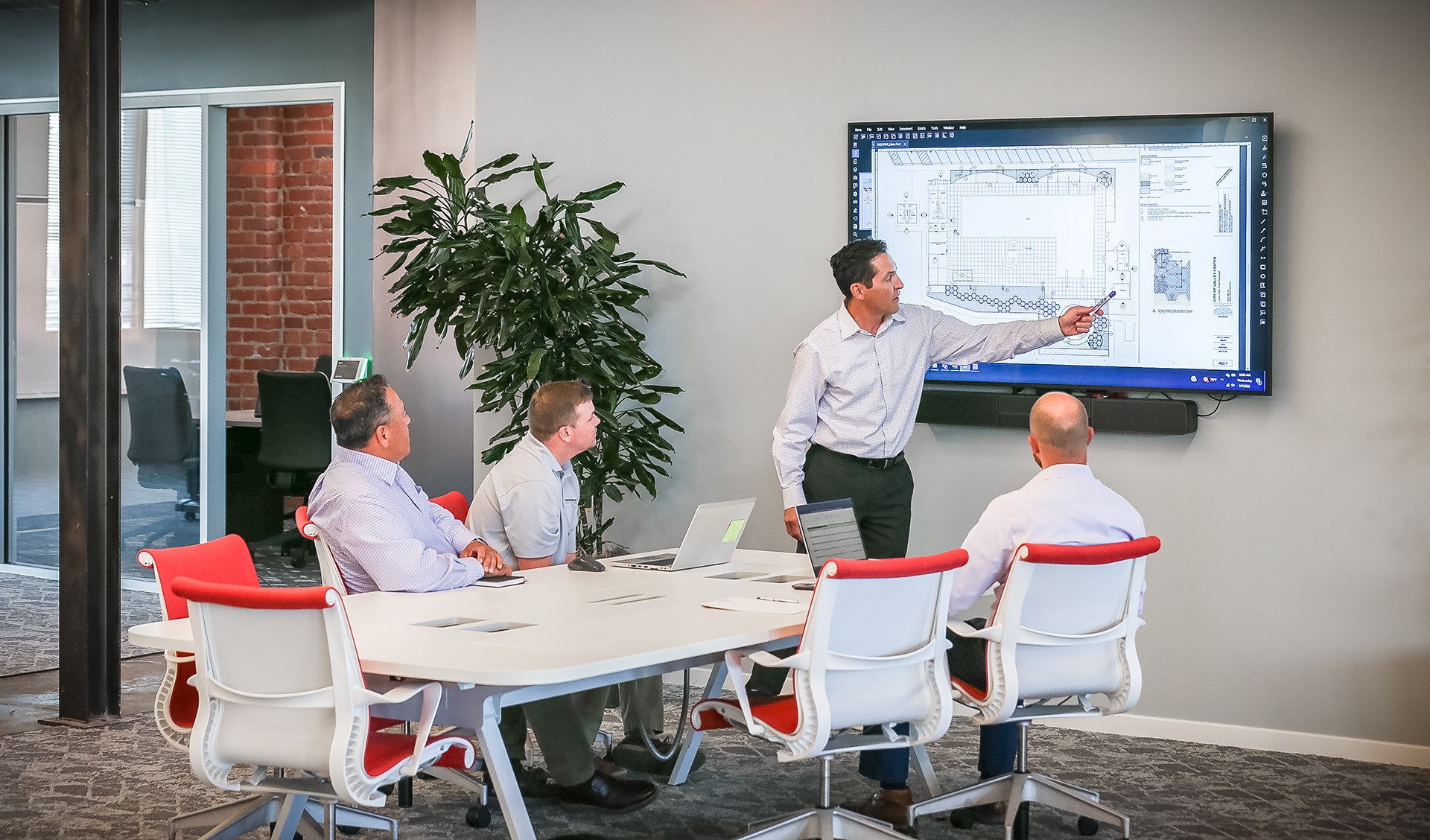Effective program management in the manufacturing market

As large manufacturing companies expand and grow, they have a multitude of needs at their facilities across multiple locations. Staying consistent with continuity related to design and construction is a critical component to keeping the brand and culture on track at a corporate level. How is this possible when there are various facilities requirements, marketing initiatives and equipment changes at the same time? The answer is getting an effective program manager on your team early.
What is a program manager?
A program manager for manufacturing facilities has a different approach. Whether food and beverage, pharmaceutical processing, or consumer goods, they look at the entire set of projects (or program) holistically.
They understand the coordination and integration required between each piece to deliver successful outcomes and can find efficiencies across the projects that help reduce schedule and budget and drive ROI.
When to hire a program manager?
The first step in determining if your capital facility, process or packaging projects require a program manager is to evaluate your overall goals and ask some key questions.
-
-
- Are our projects happening concurrently?
- Are there shared resources that could be leveraged to save time and money?
- Is the design and construction execution something that is similar across the projects?
- Does our company have the in-house capacity to manage all the projects effectively?
-
The answers to these questions can help you determine if your manufacturing projects are complex enough to require a program management approach. Coordinating and overseeing multiple individual projects at multiple manufacturing plants, as part of an overall initiative help deliver results that exceed what would have been achieved if each project were managed independently.
Keys to consider when hiring a program manager
To effectively manage a program, there are a few key principles that a program manager should consider:
Identify the similarities (and differences) of each of the projects. Most projects within a program, or “sub-projects,” have similarities such as timing, location, technology and business function.
However, each individual sub-project within a program will have unique scope, timing and goals. For a program to be successful, each individual sub-project must meet or exceed its specific goals, while keeping consistent with the overall goals of the entire program.
Capitalize on team continuity. One way a program approach brings value to manufacturing clients is through a congruent team. Team members develop strong relationships that can be carried from one project to the next. Trades execute repeat work to specific standards. Stakeholder input and priorities are taken into consideration on multiple designs. Lessons learned are applied to the next phase. By identifying one team for a program, the planning and development process benefits all the sub-projects.
Use resources effectively. Many manufacturing program resources will have responsibilities on multiple sub-projects. This includes engineers, trades, equipment suppliers, construction managers, safety resources and quality managers. A program-wide master schedule can keep the timing and sequencing of these resources balanced, minimize work lulls, and eliminate resource conflicts. Without a program-wide coordination tool, teams can be allocated ineffectively or over extended, both affecting the projects timelines and budgets.
Approach collaboratively. Projects that require program management are inherently complex. Often completed as a part of a large capital spend in enhancing manufacturing facilities these projects require many parties to come together as a team to achieve success. An effective program manager will invest in early partnership development, bringing the team together to identify goals, roles, risks and concerns in a collaborative environment.
Large capital programs require a different type of management one that focuses not only on driving efficiencies and returning ROI, but also one that aligns with your overall company values. McCownGordon regularly provides program management services for clients in a variety of markets including manufacturing, government and education leading with our core values: Integrity, Performance and Relationships.
Are you planning a set of manufacturing projects that could benefit from a program management approach? Contact our manufacturing team to ensure your process runs smoothly.
Jamie Bailey; Director of Client Strategy, 405.208.9855; jbailey@mccowngordon.com
Justin Hamilton; Manufacturing Market Leader; jhamilton@mccowngordon.com




